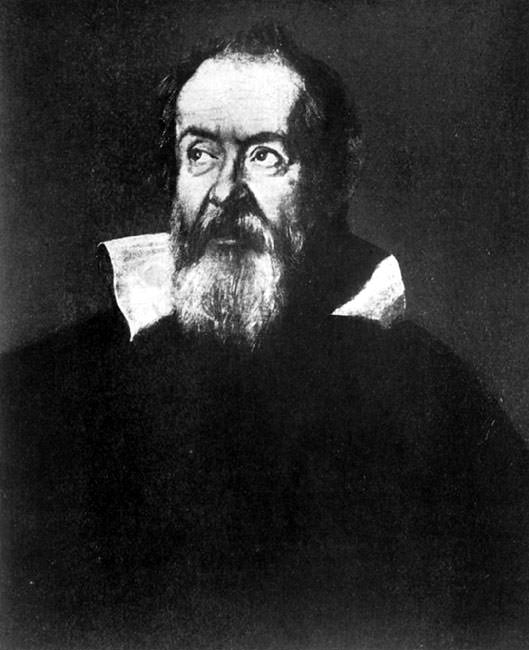[/caption]
This is
not
tops on my list as a good way to celebrate the
International Year of Astronomy.
Italian and British scientists want to exhume the body of 16th century astronomer Galileo Galilei in order to determine if his severe vision problems may have affected some of his findings. The scientists said DNA tests would help answer some unresolved questions about the health of the man known as the father of astronomy, whom the Vatican condemned for teaching that the Earth revolves around the sun. "If we knew exactly what was wrong with his eyes we could use computer models to recreate what he saw in his telescope," said Paolo Galluzzi, director of the Museum of History and Science in Florence, the city where Galileo is buried.
Galileo, who lived from 1564 to 1642, was known to have problems with his eyes during his later years, and was totally blind for the last two years of his life. It has long been speculated that he damaged his eyes by looking at the sun through a telescope. But, now some scientists suspect Galileo may have had a form of glaucoma.
"There were periods when he saw very well and periods when he did not see very well," said Dr. Peter Watson, president of the Academia Ophthalmologica Internationalis and consultant to Addenbrooke's University Hospital, Cambridge.
One of the "errors" that Galileo made, which Galluzzi suspects may have been because of bad eyesight, is that he thought Saturn's rings were "handles" or large moons on either side of the planet. Galileo wrote, "I have observed the highest planet [Saturn] to be tripled-bodied. This is to say that to my very great amazement Saturn was seen to me to be not a single star, but three together, which almost touch each other".
With a 20-power telescope and his eyes in bad shape he might have mistaken Saturn's rings as two moons on each side.
Or would anyone who had never seen rings around a planet before, using a first-generation telescope think the same?
If the nature of Galileo's illness was known, Galluzzi said a mathematical model could be simulated to show what Galileo saw through his telescope. "We only have sketches of what he saw. If we were able to see what he saw that would be extraordinary," Galluzzi said.
Galluzzi added he is waiting for permission from Florence's Santa Croce Basilica, where Galileo is buried, to exhume the body and then would form a committee of historians, scientists and doctors to oversee the project.
What do you think? Should Galileo be exhumed in the name of science, or should the Father of Astronomy be allowed to rest in peace?
Source:
Reuters
 Universe Today
Universe Today
